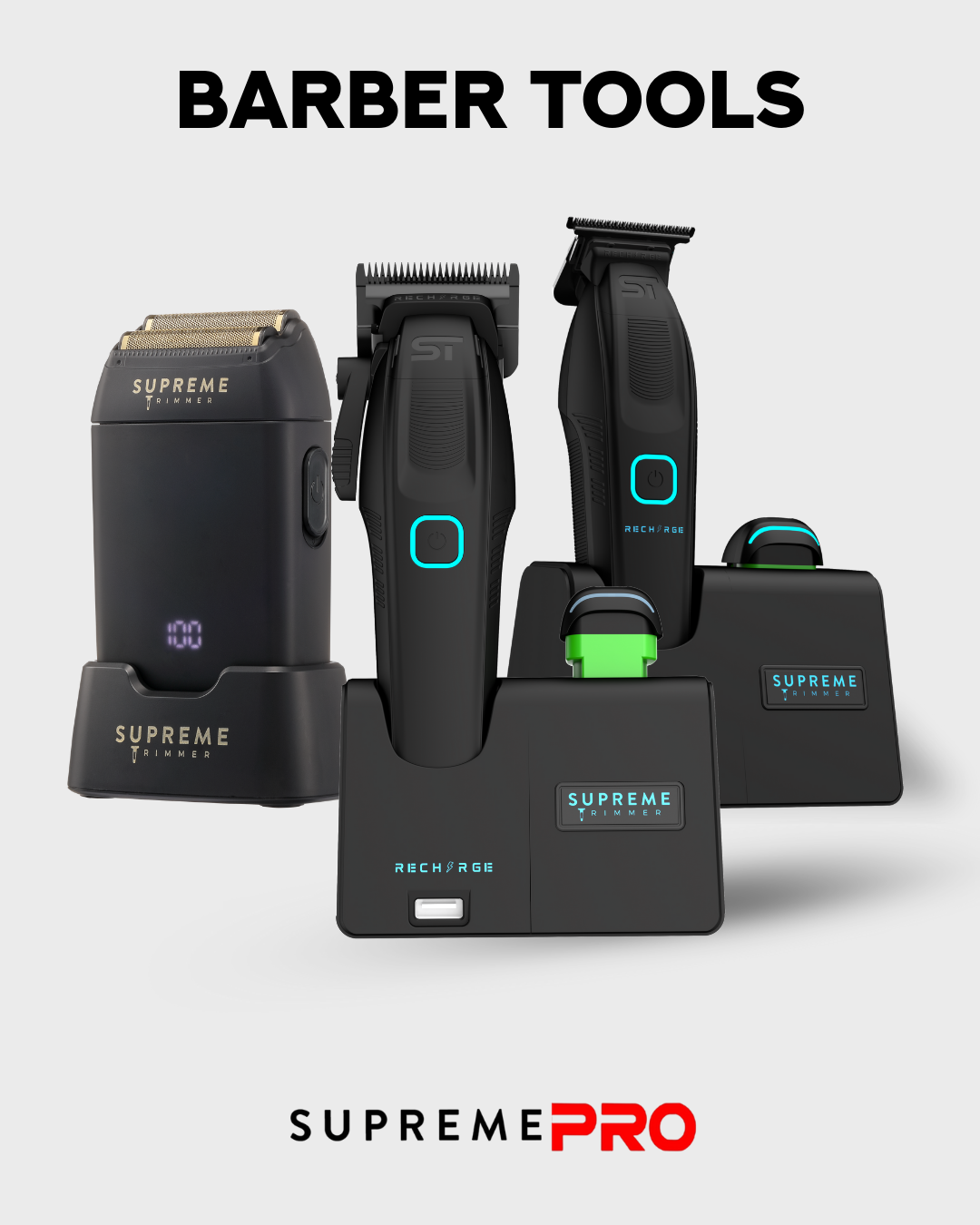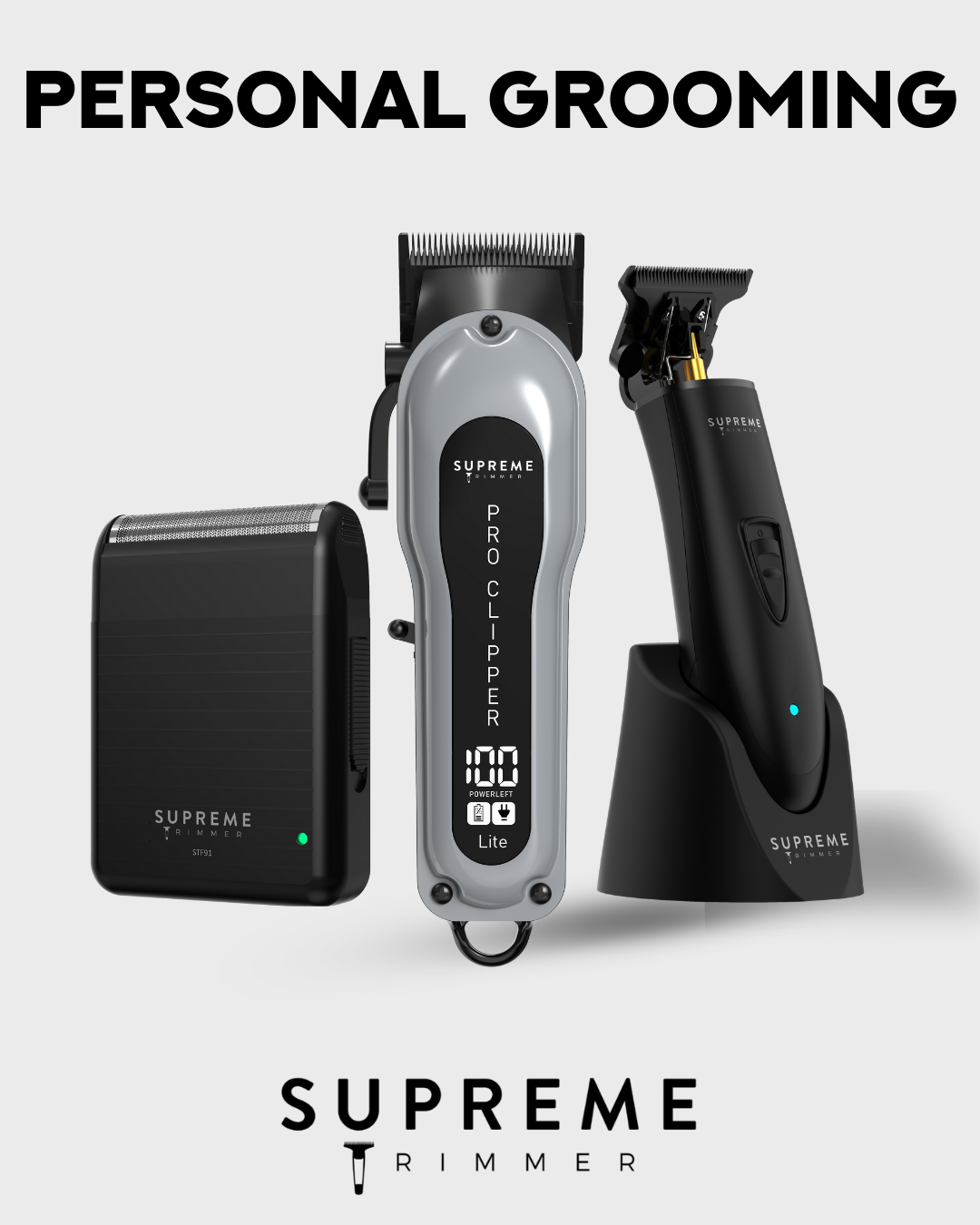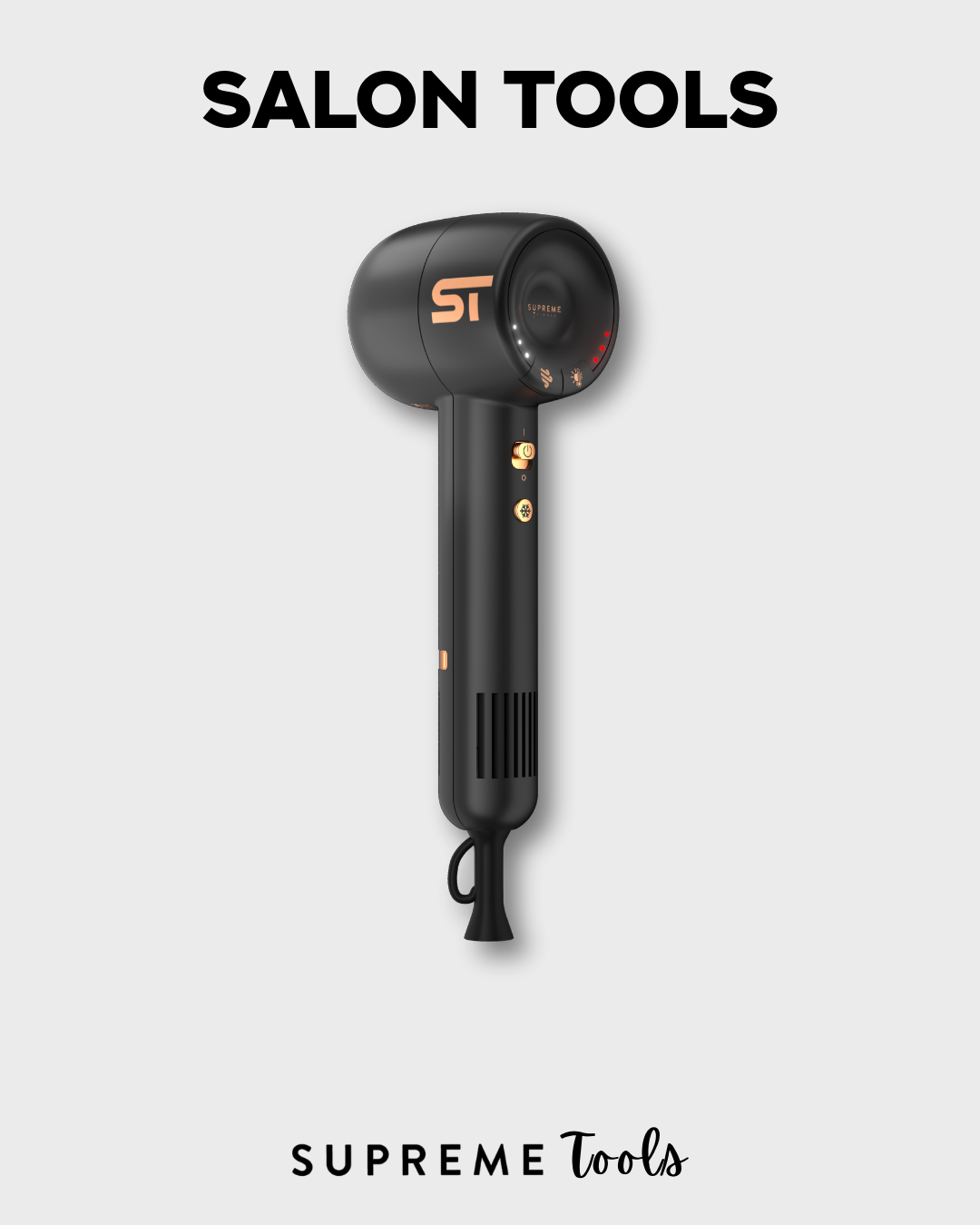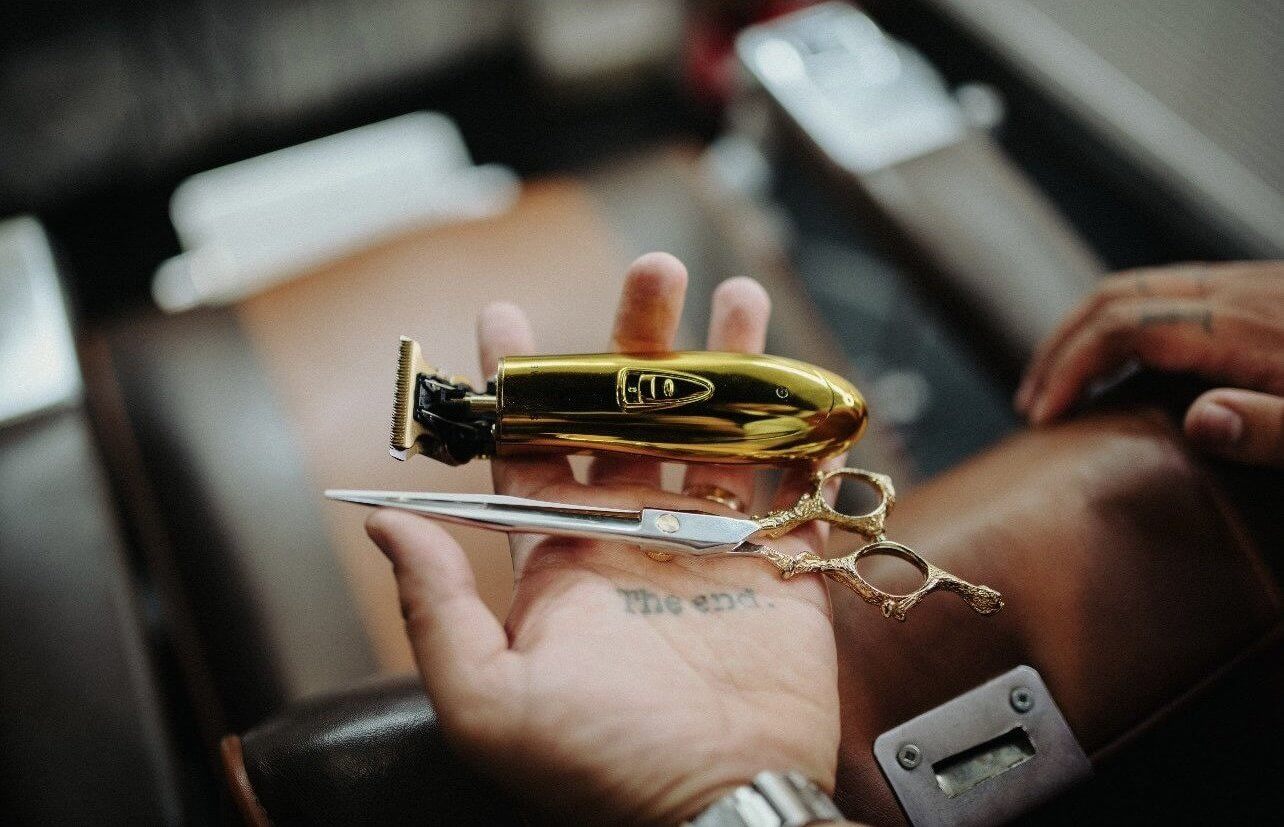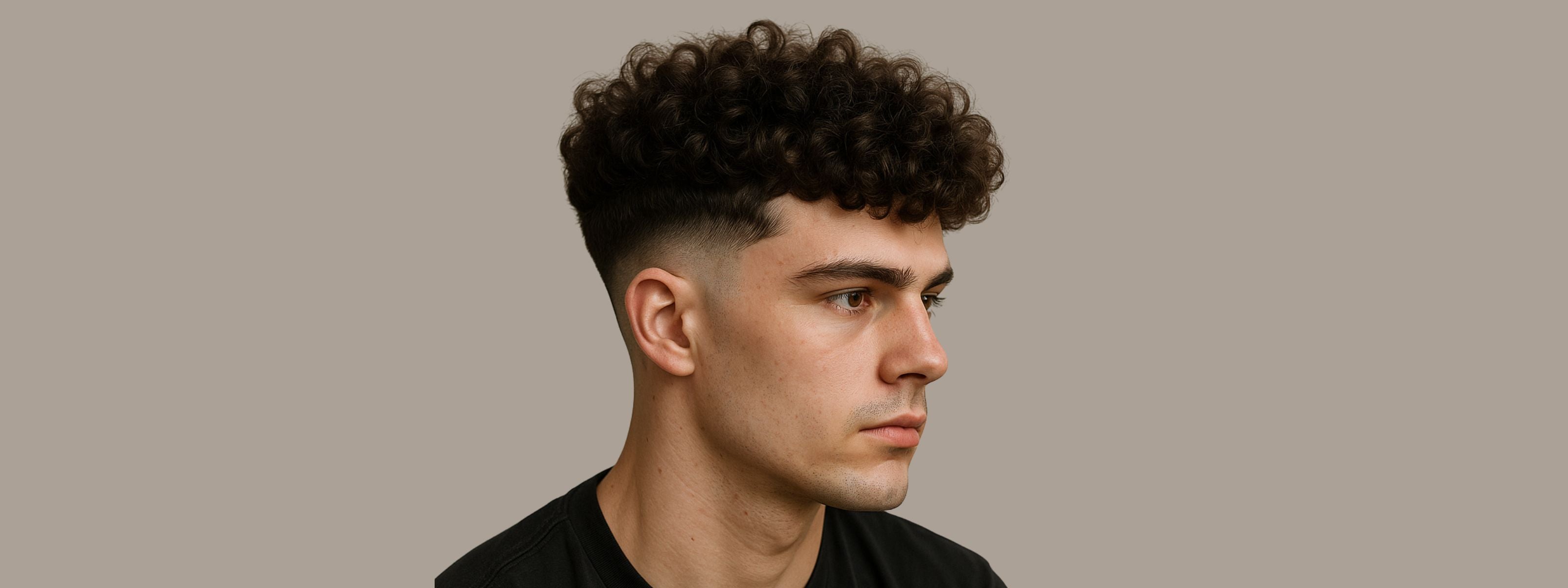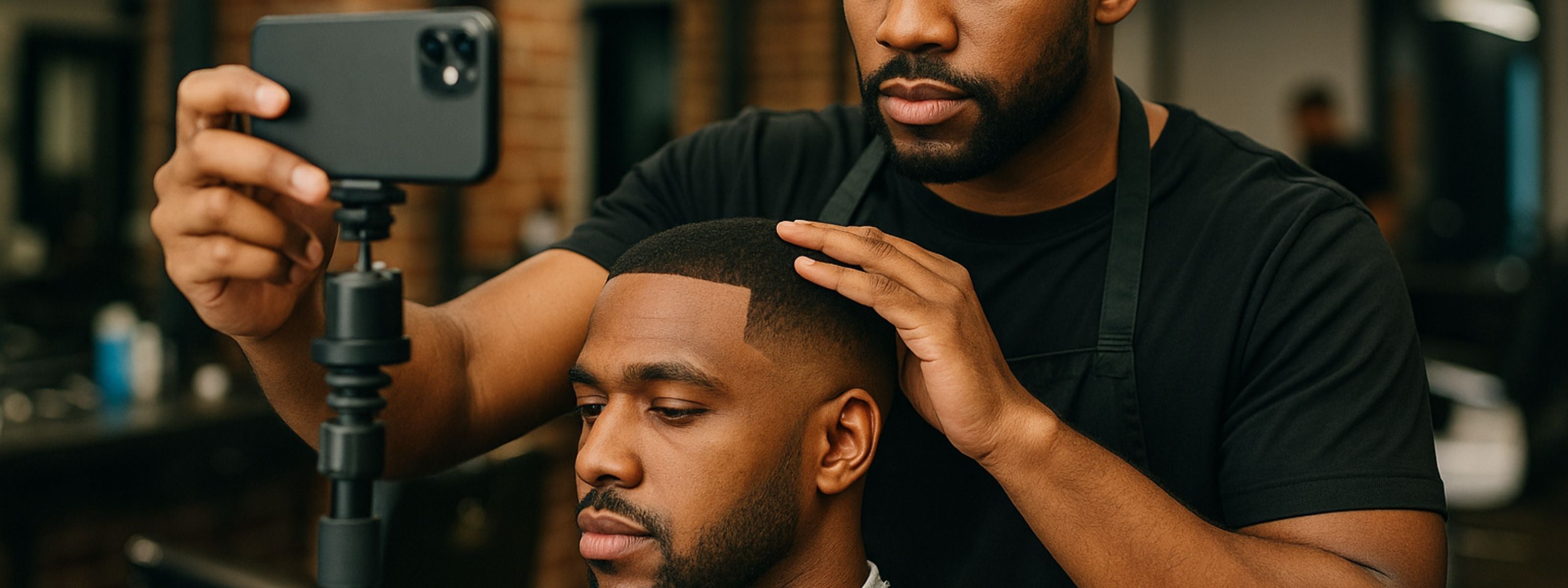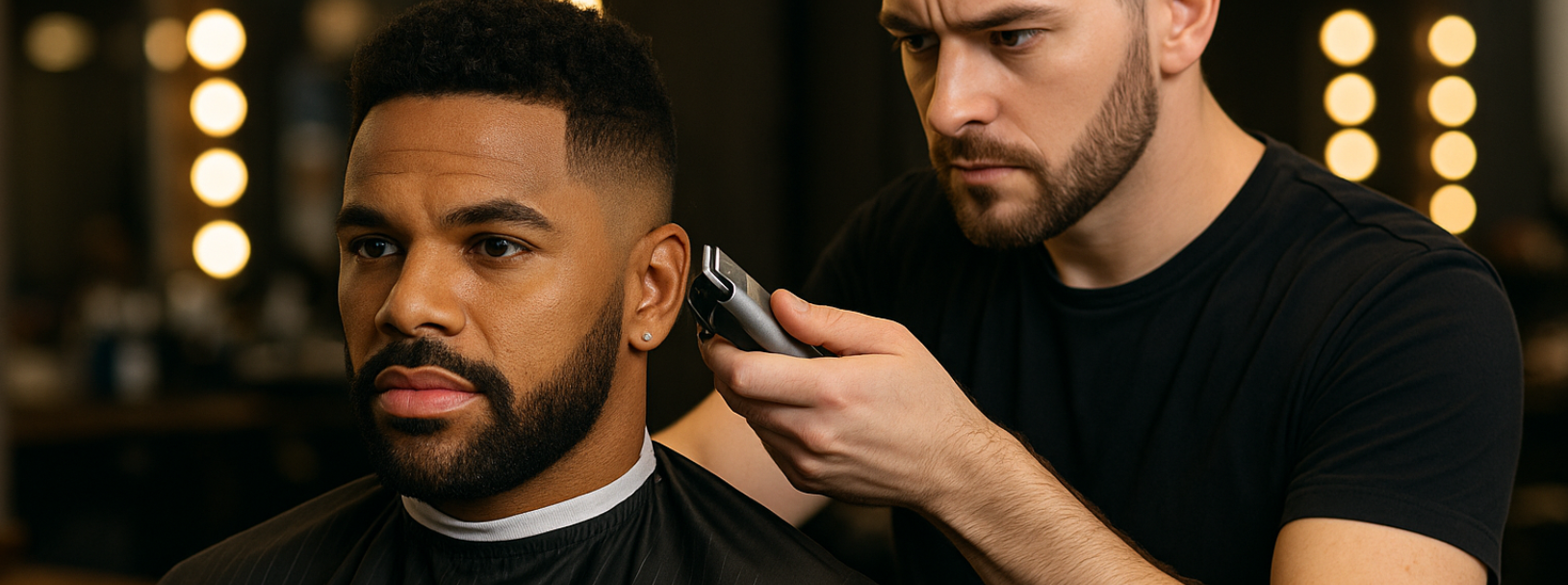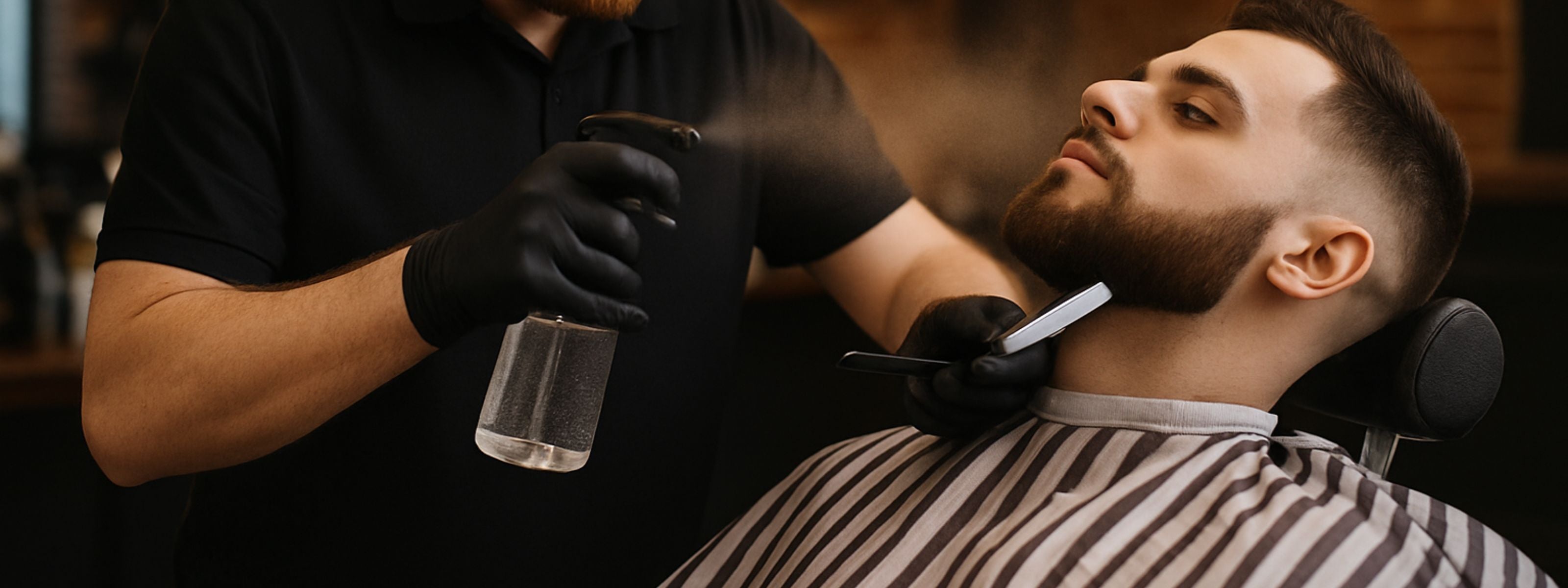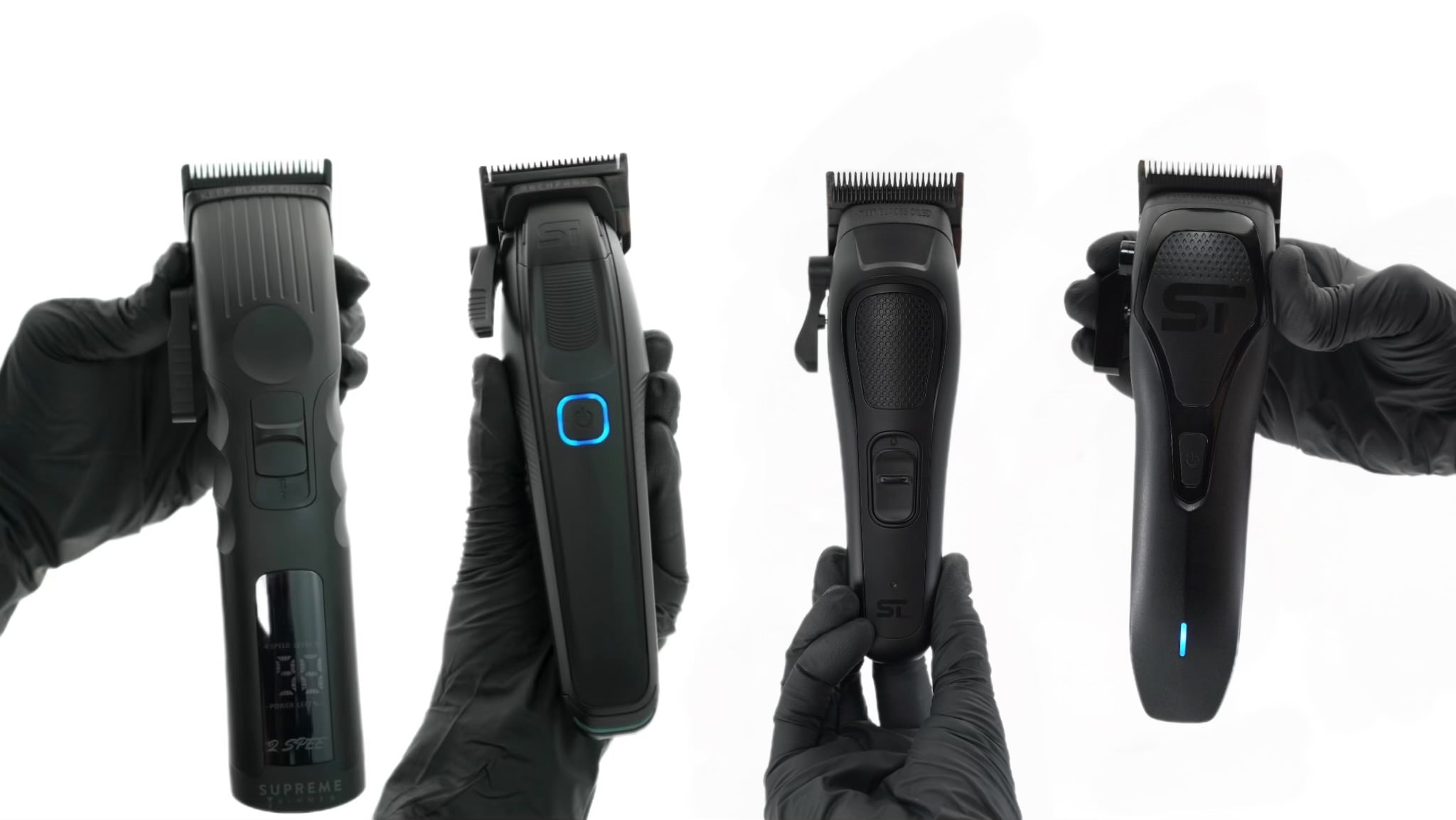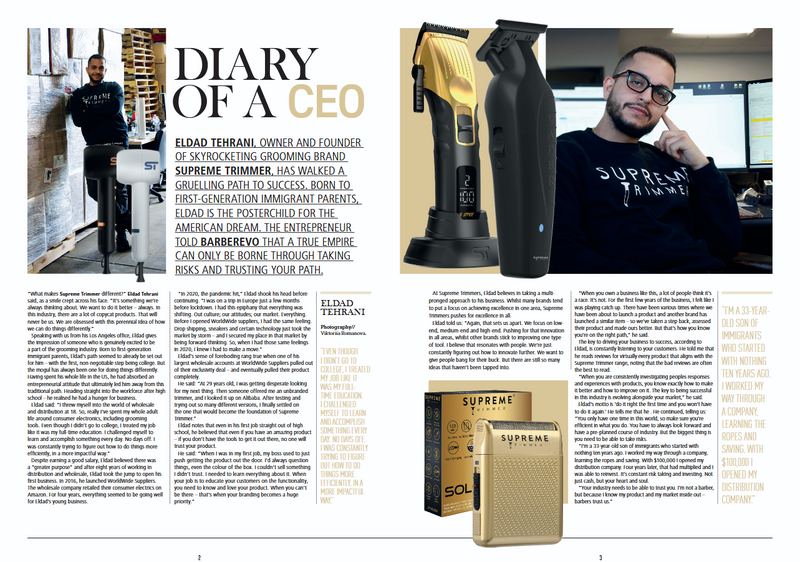When you think about a barber, what comes to mind? Precision with clippers? The hum of the razor as it glides across skin? The crisp lines that seem to emerge almost magically from the chair? Most people don’t think about the mental toll that comes with those same sharp lines, the long hours, and the demands of the job. But let’s face it—being a barber isn’t just about making people look good on the outside. There’s a hidden emotional and mental burden that comes with the profession, and it’s time we start talking about it.
The Pressure of Perfection
Barbers are often expected to deliver the perfect cut, every single time. A client walks in with a picture of a celebrity hairstyle, expecting you to replicate it down to the last detail. But here’s the thing—no two heads of hair are the same. Hair texture, growth patterns, and head shape all vary from person to person. Still, the pressure to perform flawlessly can be overwhelming.
It’s not just the expectations of clients that weigh heavily on barbers—it’s also the pressure they put on themselves. Whether they’ve been in the game for two years or twenty, every cut feels like a chance to prove their skill. This kind of perfectionism can take a mental toll. A 2019 study published in Workplace Health & Safety found that professions with high expectations, like barbering, often report higher levels of anxiety and stress.
But it’s not just about the quality of the haircut—it’s also about the social interactions. Barbers are essentially therapists, listening to their clients’ life stories, frustrations, and triumphs, often while working at breakneck speed. This constant emotional exchange can be draining. After all, you can’t pour from an empty cup. But many barbers feel they have to keep giving, even when they’re emotionally exhausted.
The Long Hours and Physical Exhaustion
Barbering is a demanding job—not just mentally, but physically. Long hours spent on your feet, often in a cramped space, can lead to fatigue and chronic pain. The constant motion of cutting hair, holding clippers, and maintaining posture for hours at a time takes a serious toll on the body. A 2017 study in the Journal of Occupational Medicine and Toxicology revealed that 41% of barbers report musculoskeletal issues due to prolonged standing and repetitive motions.
But physical strain isn’t the only issue. Barbers often work late into the night, especially in the hustle-and-bustle environment of a busy shop. The combination of long shifts and mental exhaustion can lead to burnout. This isn’t just a “bad day” here and there—it’s a chronic issue that impacts both mental health and the ability to maintain high-quality service over time.
The Financial Stress and Unpredictability
In addition to the long hours and physical demands, the financial side of barbering can create a lot of stress. For barbers working in a commission-based or booth rental environment, paychecks can fluctuate depending on client flow. A slow week can mean struggling to cover rent or shop expenses, and a busy week can result in burn-out from working non-stop to keep up with demand.
The unpredictability of income can cause anxiety for barbers, especially those who are supporting families or working toward other financial goals. In fact, a study by American Psychological Association found that financial strain is one of the leading causes of stress in various professions, including barbering.
Breaking the Silence: How Barbers Can Support Their Own Well-being
It’s time we break the silence on the mental health struggles barbers face and encourage better self-care practices in the industry. First off, barbers need to recognize that it’s okay to not be okay. The expectations to always be “on” can be overwhelming, but taking care of your mental health should be just as important as taking care of your clients' hair.
One important way barbers can safeguard their mental health is by setting boundaries. This doesn’t just mean creating space for themselves between clients; it also means learning to say no to overwork and being honest when a cut or style isn’t going to work. A study published in Psychology of Popular Media emphasized that boundary-setting in high-pressure jobs can reduce stress and improve overall well-being.
Another vital component of mental health for barbers is having a support network. Whether it’s fellow barbers who understand the pressures of the job or even a mental health professional, having people to talk to makes a world of difference. Peer support is often seen as a powerful tool in reducing work-related stress in high-pressure industries like barbering.
Additionally, barbers should embrace self-care practices, whether it’s taking regular breaks, stretching, or making time for activities that help them unwind. Physical care also translates to mental clarity. A 2020 study from Frontiers in Psychology found that physical activity and taking time for self-care significantly reduced stress and anxiety in professionals who work in high-interaction, physically demanding jobs.
Creating a Healthier Work Environment
To build a healthier work environment for barbers, the entire industry needs to shift the conversation. Barbershop owners, clients, and fellow barbers can all play a role in supporting mental health initiatives. This means creating spaces where barbers can talk openly about their struggles without fear of judgment. It’s about normalizing the conversation around mental health and recognizing that taking care of one’s mind is just as crucial as taking care of their tools.
Barbershops could also integrate practices like having regular check-ins or providing stress-relief resources. In some forward-thinking barbershops, employees are encouraged to take mental health days, and some offer flexible hours to help with the physical toll of the job.
Final Thoughts
The mental health struggles that barbers face are real, and they shouldn’t be overlooked. From the constant pressure of perfection to the long hours and financial stress, it’s a career that requires more than just skill—it demands emotional resilience and mental fortitude. But with the right self-care practices, boundaries, and support systems, barbers can maintain their well-being and thrive in their craft.
Barbers don’t just shape hair—they shape confidence, create connections, and make an impact. It’s about time the industry started shaping a healthier, more supportive environment for the people who work behind the chair. So, if you're a barber reading this, remember: your mental health matters just as much as your clients' satisfaction. Don’t be afraid to prioritize yourself—it’s the key to long-term success in both life and your career.

